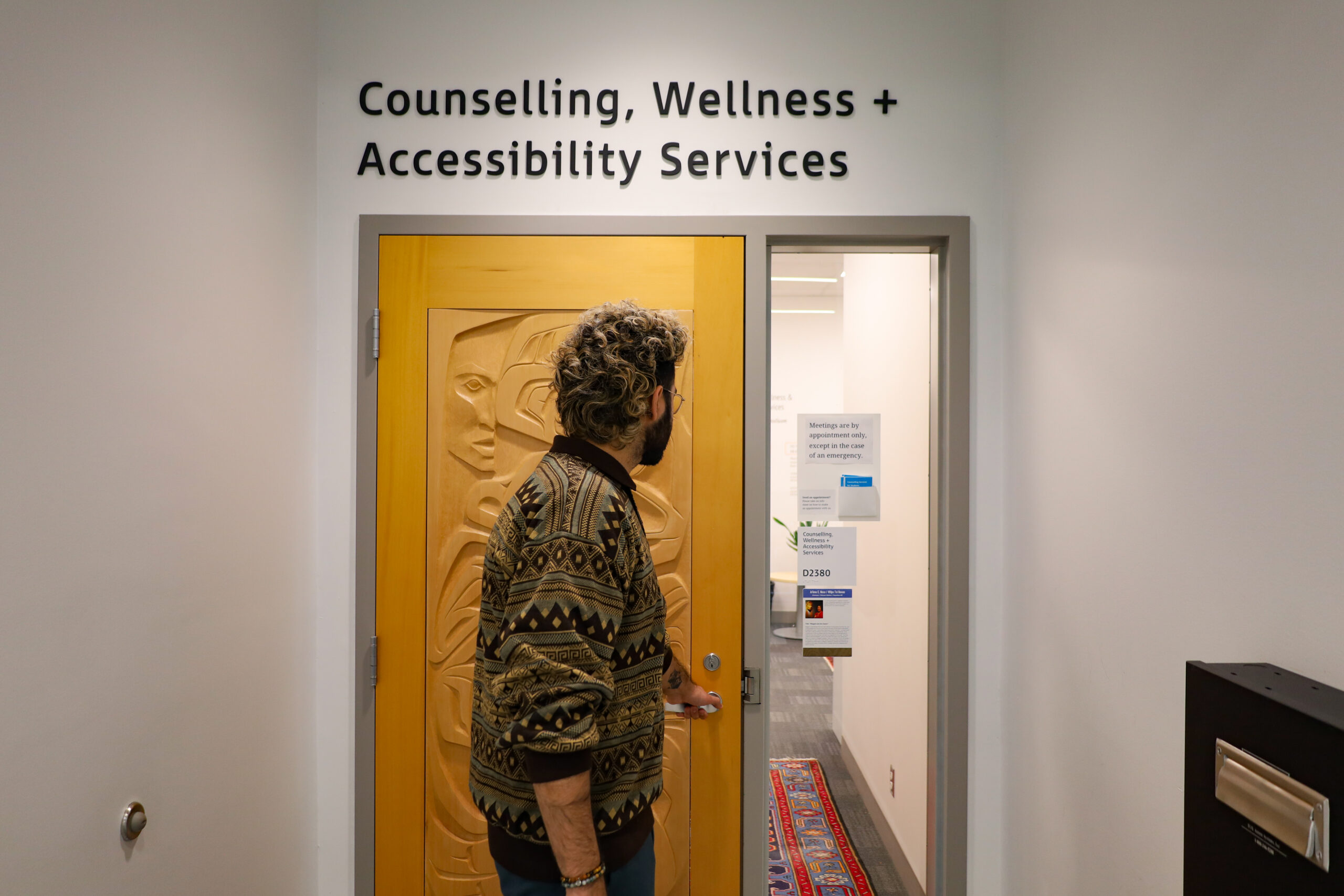The last five years have seen a substantial rise in the suicide rates among international students in Canada. An exponential rise in inflation, coupled with over exhaustive schedules, cultural shock, and social isolation are some reasons why international students bear the extremes of the “Canadian struggle.”
“I wasn’t prepared well enough with a strong local support network for my massive transition here,” says Shivani Rehill, an international student in B.C. “Personally, I was hit with major realities like the housing crisis, wage exploitation and weather-related sadness.”
International students are estimated to bring more than $23 billion to the Canadian economy, and some students feel it calls for better resources at their disposal.
Rehill says she paid four times the tuition fee a local student pays, yet her insurance barely covered three counselling sessions.
“Changing times need changing priorities, like an increase in mental health coverage as most of us are already dealing with financial anxiety.”
She suggests that coming from a country like India — which has massive stigma around mental health — she would have appreciated more psycho-education on campus, or even a component of it added in the international student’s welcome orientation.
Popular on our network:
- Empowering immigrants: A journey from newcomer to community builder
- Canada’s international students relieved after federal government allows longer work hours
- Including Philippines among 13 countries now eligible for visa-free travel to Canada has positive ripple effects: experts
“I didn’t know we had access to university counselling. I think most international students don’t realize that they have some mental health services included in their tuition,” says Denisse Horcasitas, an immigrant from Mexico who graduated in Quebec.
She says that orienting the students to resources available to them can make a lot of difference.
“As far as I remember, most university counsellors were English speaking, which may be a barrier for students that prefer services in another language, or at least a BIPOC counsellor,” Horcasitas says.
She said students are assigned a therapist from within the university service without their choosing, or within very limited options.
Harvin Bhathal is an Indo-Canadian student who graduated this fall from Concordia University in Quebec. He says that as someone who was looking forward to going to therapy, he felt he had wasted his time and money.
“My university partnered with an external service called Psyvitaliti. It had very limited representation, and I ended up with a white man who had no similar life experiences as me,” Bhathal says.
“I feel I could have found someone better suited to guide me through my mental health journey had my university partnered up with a BIPOC clinic, or another service that had more BIPOC therapists.”
A survey of 1,000 international students worldwide reported that one of the difficulties they had at university was accessing campus and community resources.
Fulfilling the gaps in the practice
“These students already pay a ridiculous amount of tuition fees, but their insurance covers just a few sessions,” says Emily Axelson, an ex-university psychotherapist in B.C.
“This duration can only provide some coping tools. Leaving them to figure it out themselves after that isn’t conducive to the process. Better ongoing access is needed.”
Axelson says that she was fortunate to have received elaborate training in cultural competency, but it still is a learned experience. There is some level of inevitable human bias that comes from our own backgrounds, she says, and. People should be able to choose someone who understands their worldview.
She says that for students coming from countries that don’t prescribe to western liberal mindsets, this gap in worldviews can come off as alienating. It can make people and their families reluctant to start therapy.
“If students from the eastern world have internalized the stigma around therapy, they intrinsically feel they can’t reach out for support,” Axelson says. “For example, to a woman from Iran, a white therapist may not seem to have the background to hold her nuances. This can create a barrier in her access.”
She says there was only one other therapist with her on campus, and that’s just not enough options to choose from, regardless of how good their intentions are. “It brings in the need to hire more people. This isn’t limited to race, but gender as well. There are much fewer men in the field, so if a student requests for a man, there’s just nothing that can be done.”
The gender paradox in suicide is that while women experience more thoughts and attempts of suicide, more men actually die of it. Statistics by the International Journal of Men’s Health found that men are less likely to seek mental health than women.
Students from more conservative backgrounds also need more reassurance to soften their defences. They need therapists who don’t press their worldviews on them.
“Universities also need to be careful of the wording around mental health services while presenting it to them,” Axelson says.
“It mustn’t come off as an admission of personal failure or weakness.”
Radha Agarwal is a South Asian multimedia journalist, documentary photographer and filmmaker. She completed Concordia University's graduate diploma in visual journalism and a bachelor's degree in TV production from London, UK. Her work is focused on marginalized communities within topics like culture, gender and arts.






The simple solution to this problem is if an international student is not fully prepared (mentally, physically, financially) to study in Canada, then they should remain in their own country and study there. They should support the educational institutions in their home countries by attending them. It will be cheaper to go to school there, instead of coming half way around the world at great expense. And definitely they should not be accessing community resources like food banks.